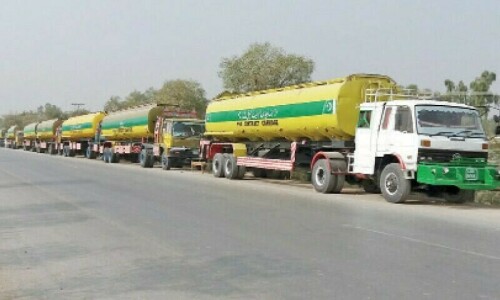THE small Gulf kingdom of Bahrain is once again simmering due to sectarian polarisation and political deadlock. Though the situation has been far from normal ever since a pro-democracy movement was crushed by the state in 2011 with Saudi help, recent events have put the ruling Al Khalifa on a collision course with the popular opposition. Tensions increased after the state revoked the citizenship of Ayatollah Shaikh Isa Qassim, Bahrain’s top Shia cleric, in June. This has led to street protests in the island kingdom, which has a Shia majority. According to the UN, 250 Bahrainis have been stripped of their citizenship for “alleged disloyalty to the kingdom”, a euphemism for political opposition. The Al Khalifa have also cracked down on Al Wefaq, the main opposition group, while prominent government critics such as Shaikh Ali Salman and Nabeel Rajab, have faced arrest and imprisonment.
The rulers have accused Iran of stoking tensions in Bahrain. While senior figures within the Iranian establishment have reacted sharply to the revocation of Ayatollah Qassim’s nationality, the fact is that Bahrain’s opposition movement is indigenous and non-sectarian, demanding civil rights and participatory government. It is also true that after the 2011 protests, the ruling family has shown very little tolerance for dissent, whether it comes from Shia or Sunni citizens. But as the opposition is mostly Shia and the royal family Sunni, the political deadlock is given an ugly sectarian colour. Unfortunately, intolerance of dissent and iron-fisted rule are hallmarks of most Arab regimes, particularly the sheikhdoms of the Gulf. Bahrain seems to be following the Saudi example, as the Al Saud have kept a tight lid on their own Shia opposition in the Eastern Province. Instead of using force and intimidation, moderate elements within the Bahraini royal family, such as the crown prince, should reach out to the opposition and introduce political reforms. Should they fail to do this and intensify their crackdown, the possibility of further instability on the island is very likely.
Published in Dawn, July 10th, 2016








































